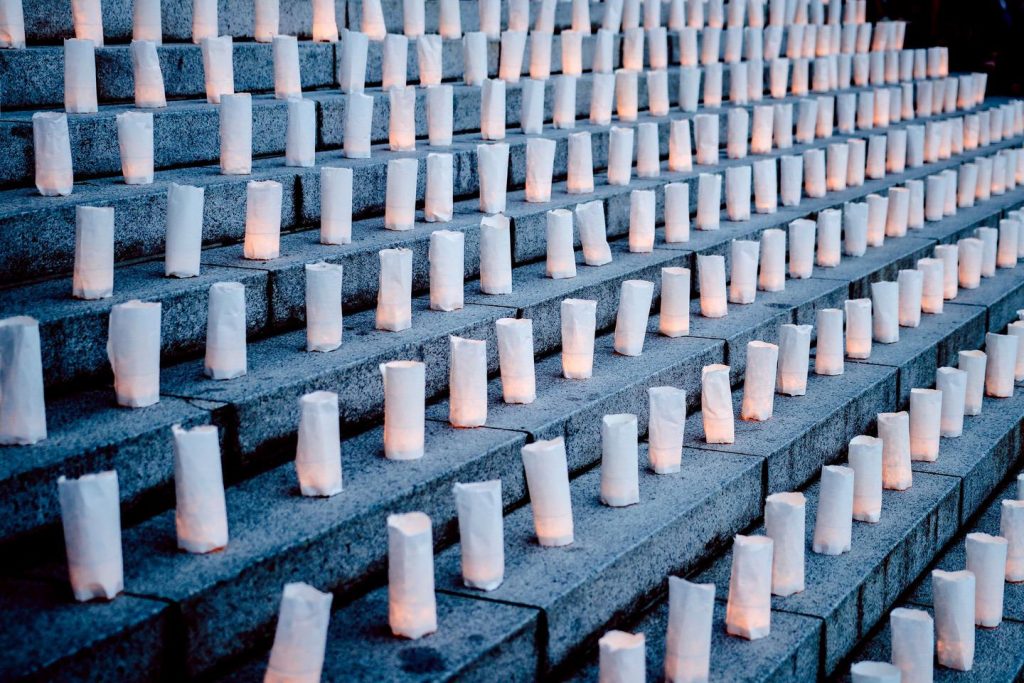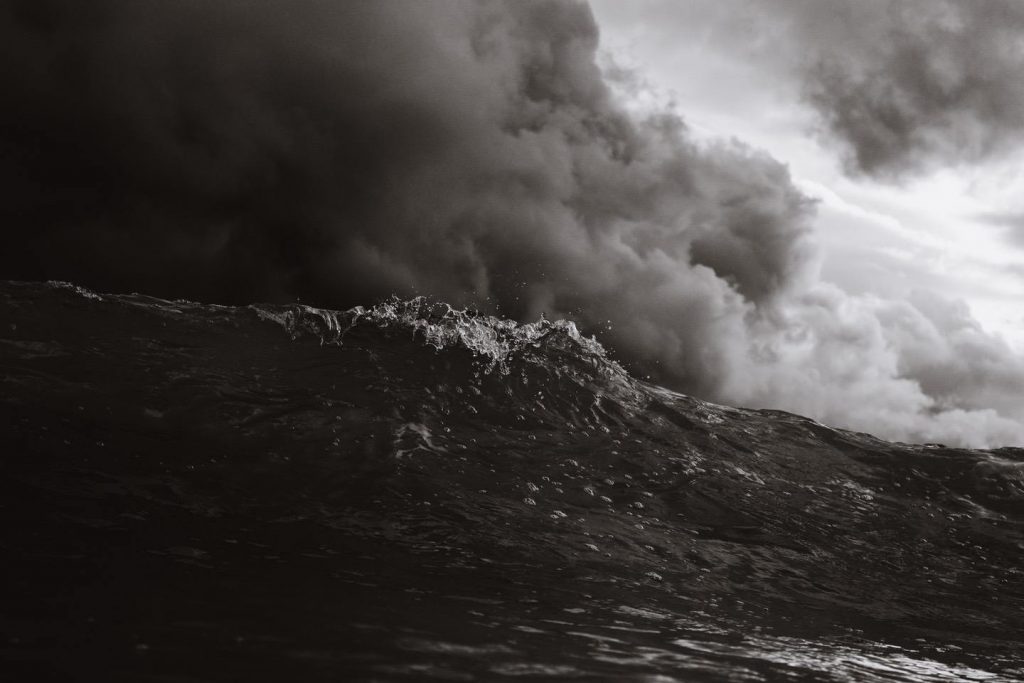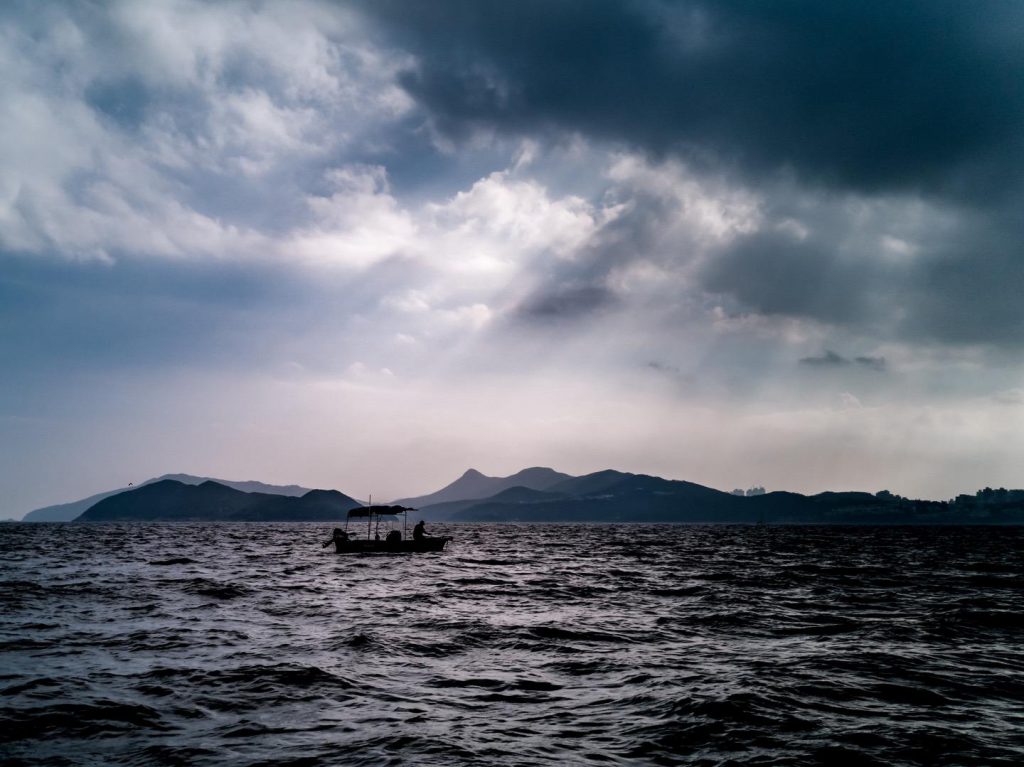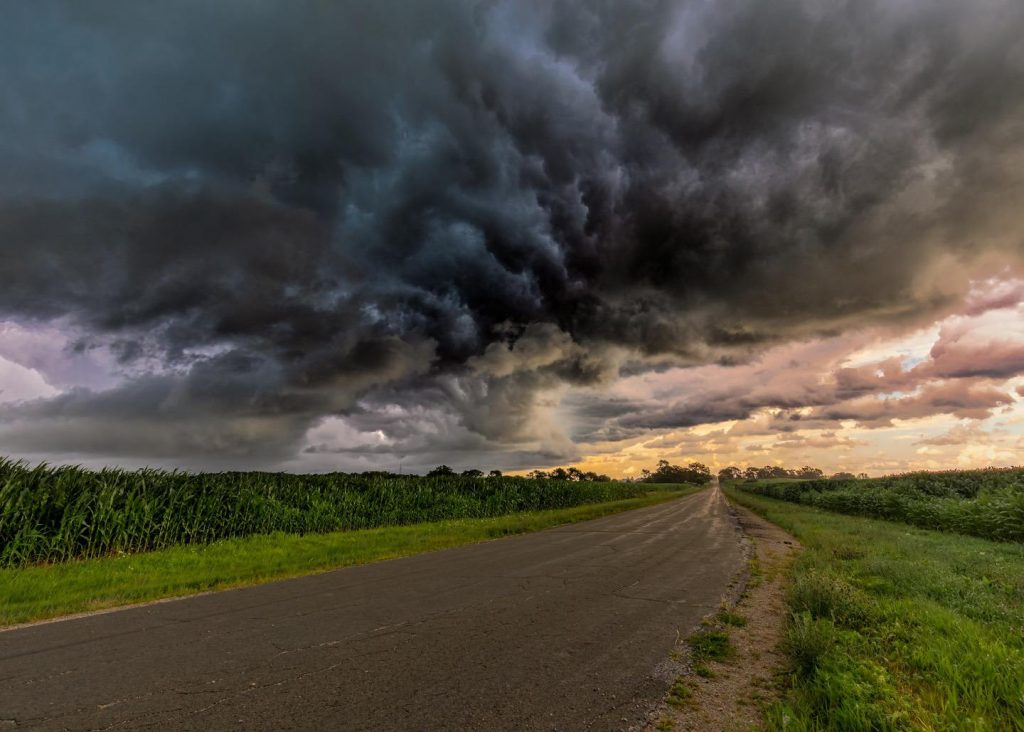
What God says, God means. So God repeats something in Scripture, it means that it is of highly significant importance. Rev. Dr. David Chotka once wrote, “…to the Hebrew mind, anything said once by God was a “fact,” though it could be altered. For example, Isaiah the prophet was told by God to warn King Hezekiah that he should set his house in order, for his death was about to happen. Hezekiah prayed, asking for a longer life. God spared him and he was given fifteen more years (see 2 Kings 20:1-7). Here a “fact” uttered by God was issued as a word of warning. Here prayer moved the heart of God and God changed the “fact.” Anything repeated twice was underscored in an urgent way; this would be an established fact that could not be altered, as when Pharaoh had two dreams and Joseph the patriarch interpreted the message for him. Joseph indicated that something repeated twice meant that God was at work and the matter would occur speedily (see Genesis 41:32). Anything said three times was so profound that it was impossible to underscore it any further.”
This in mind, consider that at the end of Matthew 14, the writer notes, “People brought all their sick to him [Christ] and begged him to let the sick just touch the edge of his cloak, and all who touched him were healed.” The scene is reminiscent of the women who had been subject to bleeding, who thought, “If I only touch his cloak, I will be healed.” Sure enough, she was healed.
But it was not just Jesus’ cloak that healed. It was Jesus who brought healing. Even from the beginning of His ministry we learned, “Jesus went throughout Galilee, teaching in their synagogues, preaching the good news of the kingdom, and healing every disease and sickness among the people.” In Matthew 8 we read of how He healed the centurion’s servant, and later, “When evening came, many who were demon-possessed were brought to him, and he drove out the spirits with a word and healed all the sick.” Just before the feeding of the five thousand, “When Jesus landed and saw a large crowd, he had compassion on them and healed their sick.” Again, one can recall the man with the shriveled hand and the demon-possessed man who was both blind and mute.
Over and over again we are told that Jesus healed. These things are not just written as historical narrative. They are written that we might know that Jesus is our healer. These things are repeated that we might know that this is an unalterable fact: Jesus heals.
Matthew’s readers surely know that by now. Neveretheless, it is good to be reminded of that fact from time to time. As William Barclay said, “The most tremendous thing about Jesus was that he taught men and women what God was like by showing them what God was like. He did not tell them that God cared; he showed them that God cared. There is little use in preaching the love of God in words without showing the love of God in action.”
That’s not just good advice for us to take into our souls. It is good advice for us to actually act on.
We must do the thing God has called us to do, and do it in his power and for his glory.
Warren Wiersbe
APPLICATION: Intentionality
What is the Lord reminding you about?










